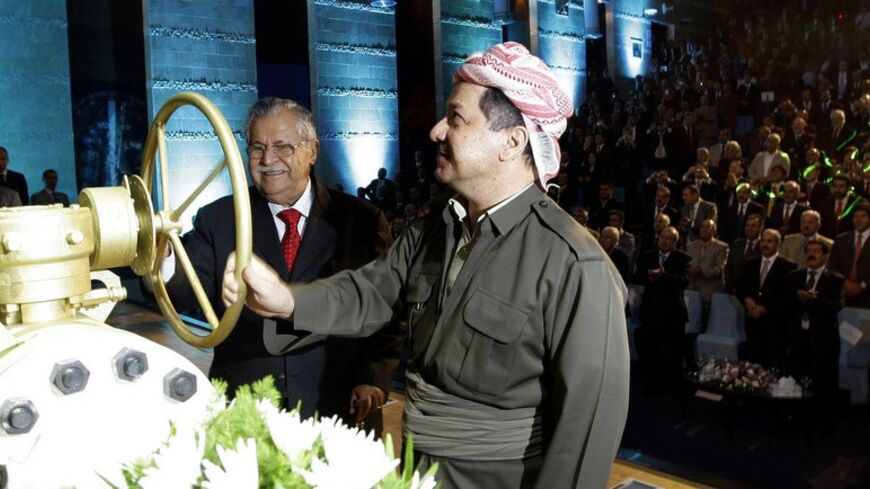When a couple of days ago the Kurdistan Regional Government of Iraq (KRG) decided to grant the citizens of the United Arab Emirates, Qatar and Kuwait the right of non-visa entry to the region, it further worsened Erbil and Baghdad's relationship after many attempts to improve it. As a Kurdish activist explained to me, this step is a sign of “the Kurdish awakening” and a necessary measure to secure full “economic self-reliance” in the region.
For some analysts here in Moscow, this act represents more than that. It can be interpreted as an expression of the KRG’s plan to achieve full independence, at least in the distant future. An Iraqi representative in Moscow, who preferred to remain anonymous, told me earlier this week that the Iraqi government was especially concerned about the provision of free access to Iraq — without Baghdad's approval — for the citizens of Qatar, given the Qatari attitude toward the Iraqi government. Qatari politicians and media regularly accuse Iraqi Prime Minister Nouri al-Maliki of supporting President Bashar al-Assad’s regime in Syria and discriminating against Iraq's Sunni community.



